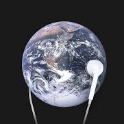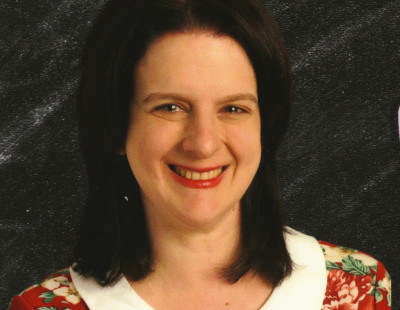Towards a Boundless World- Quite literally!!!
The change I want to make A ‘nation' is a conviction of our own making. It was a specification of the territory owned by a particular ruler. Later, developing democracies in the eighteenth century and onward adopted the concept of a nation for administrative purposes. Then the passport was introduced in 1540 in England. Border Security lines were developed the world over. Every country established its own visa center and determined qualifications for a “foreigner” to visit their country. We are all stuck, physically, socially and psychologically within the boundaries of our respective nations. Only a small fraction, the educated rich, of a nation can afford to visit other nations due to the strictness in the issue of passport and visa to the people. A poor woman born in the slums of Iran, for example, has a paltry chance of getting a visa to Finland, whose numerous lakes may inspire her to write a poem. Thus, the change I wish is that all nationally imposed barriers must be removed to progress towards a global village. A country's citizen must be able to travel from one country to another as freely as she moves between two destinations within her own country. Why should we restrict ourselves in physical movement when the Earth is willing to offer us much more: diverse landscapes; different people and their cultures; a range of animals, birds and fish that make up our ecosystem; man-made monuments, and top rated educational institutions? How? Removing the movement barrier. When my family applied for a Schengen Visa from India to visit Ireland on a vacation, we were asked to show financial capabilities, travel insurance, accommodation arrangements, and a letter of permission from my parents' employers. Had there been so many formalities at the time of Marco Polo or Vasco Da Gama, would they have discovered the New World? As great men traveled, great ideas moved with them. Exquisite landscapes have been inspiring writers since times immemorial. In 1907, about 300 students from French-annexed Vietnam went to Japan to study the Confucian Culture, and acquire modern education to resolve their nation's issues. Who is to say that there cannot be more Vasco da Gamas and Marco Polos? We may just be limiting the extent of development of the human capabilities by complicating the movement of human beings on mother Earth. Thus, all Governments should remove barriers stopping their law abiding citizens, be it urban or rural, from travelling by all modes of transport, including by foot. This would be the operation of the Freedom of Movement in a global arena. Removing the educational barrier. Being a high school grader of a school in rural Vijayawada (Andhra Pradesh, India), the possibility of studying for a degree in the World's top institution- Massachusetts Institute of Technology, Cambridge seems as far away from me as India is from the U.S. At least two reasons can be given in favour of my argument: 1. The Movement barrier, as described above 2. On visiting the website of Massachusetts Institute of Technology, I learnt that most courses I am interested in require me to have studied both mathematics and biology till twelfth grade. However, almost all junior colleges (11th and 12th grades) in Vijayawada offer only math or, only biology streams. This shows that the Indian educational system does not support its students to pursue studies abroad and are neither flexible with the subjects they offer. Given that the top Indian University, I.I.T Bombay ranks only 179 in the World University rankings 2018, this may be detrimental to the potential and interests of the Indian Youth. Resolving this drawback is the responsibility of the Government. The junior schools and colleges must accommodate a diverse range of subjects, suiting the Graduate courses taught in top universities of the World. In fact, every college in the World must undergo this transformation to ensure that the best students study in the best universities. That is true equality of status and opportunity. Conclusion I believe that the World can be made a better place by the simple act of sharing it more equitably as described above. This would also make countries less selfish and more humanitarian.







